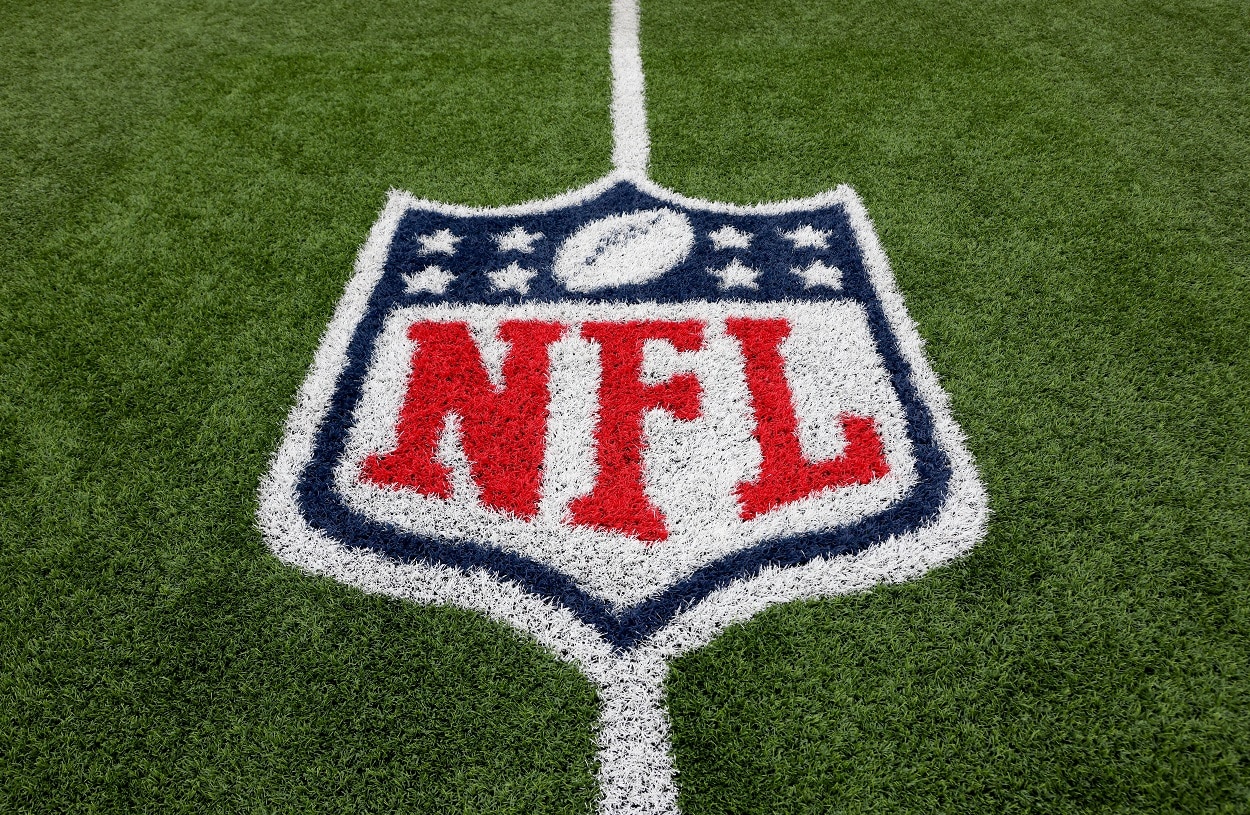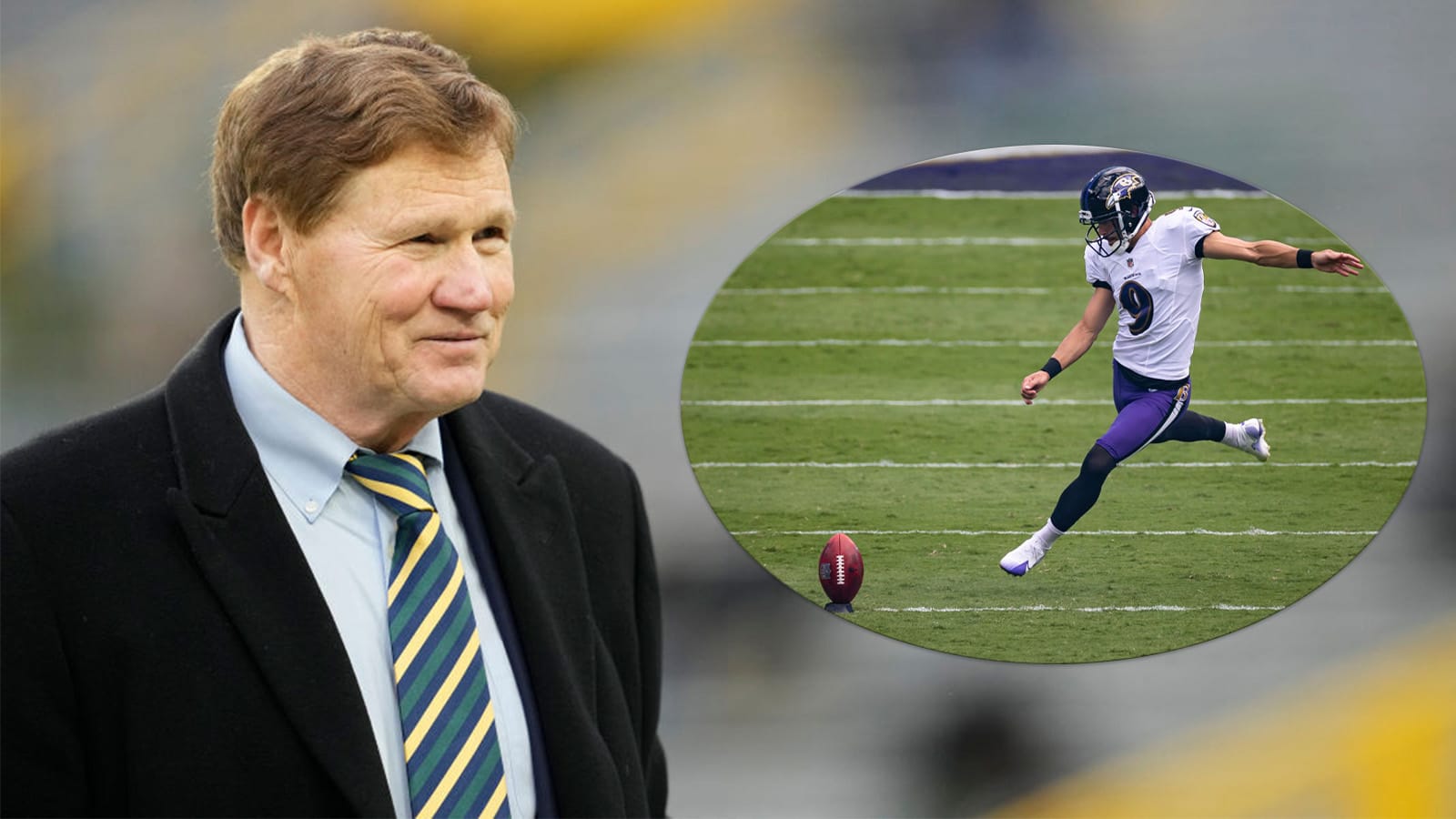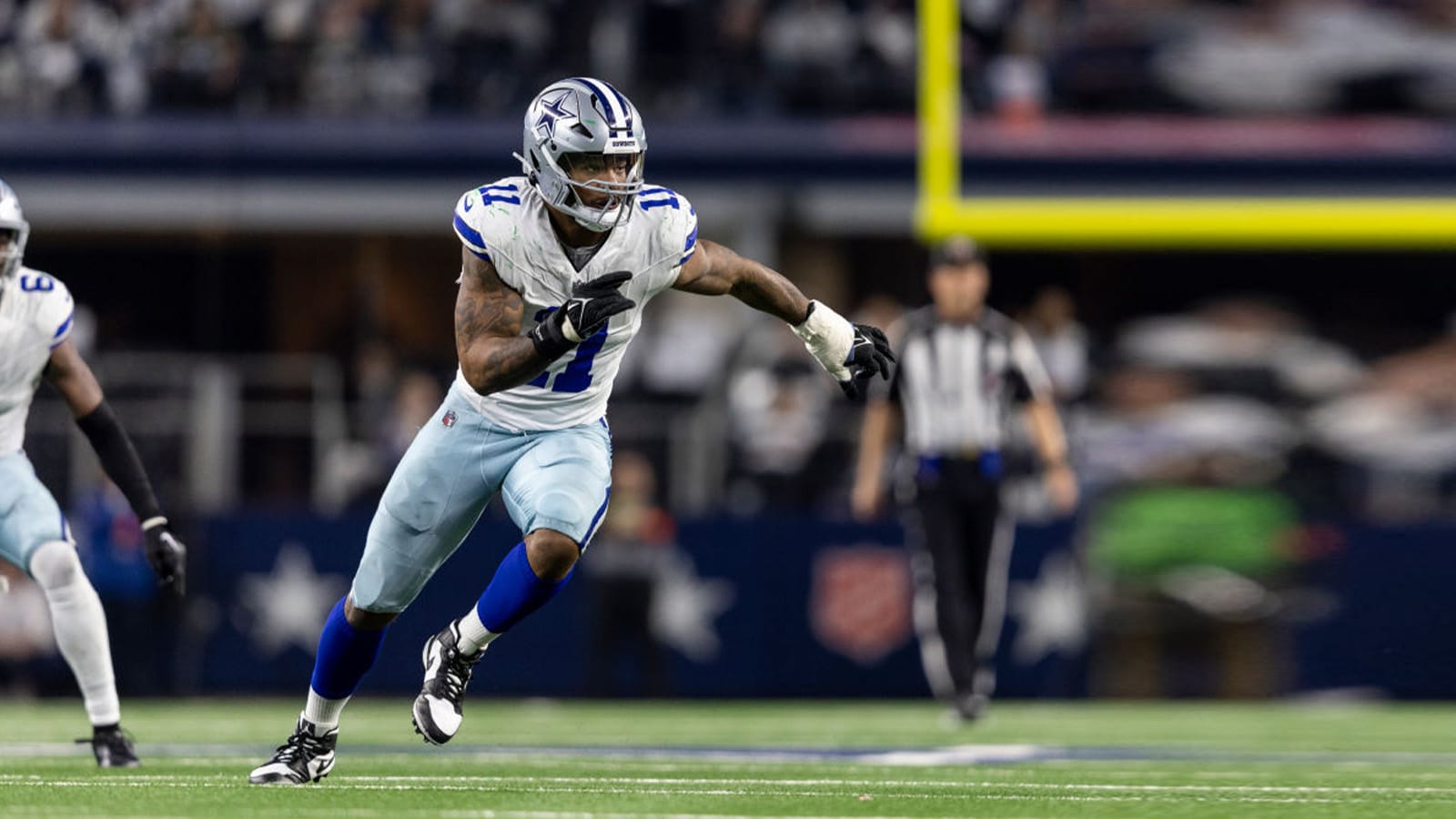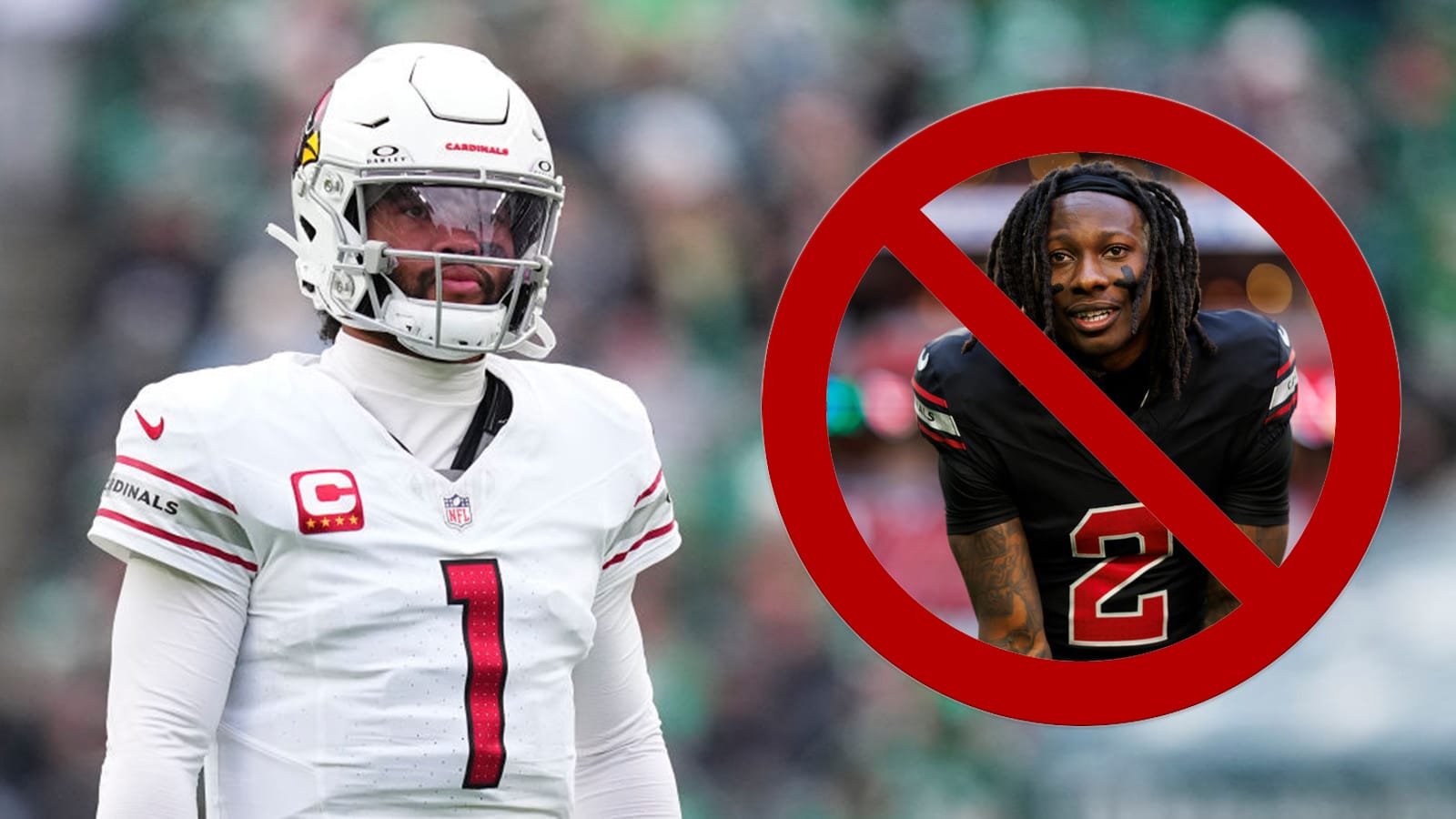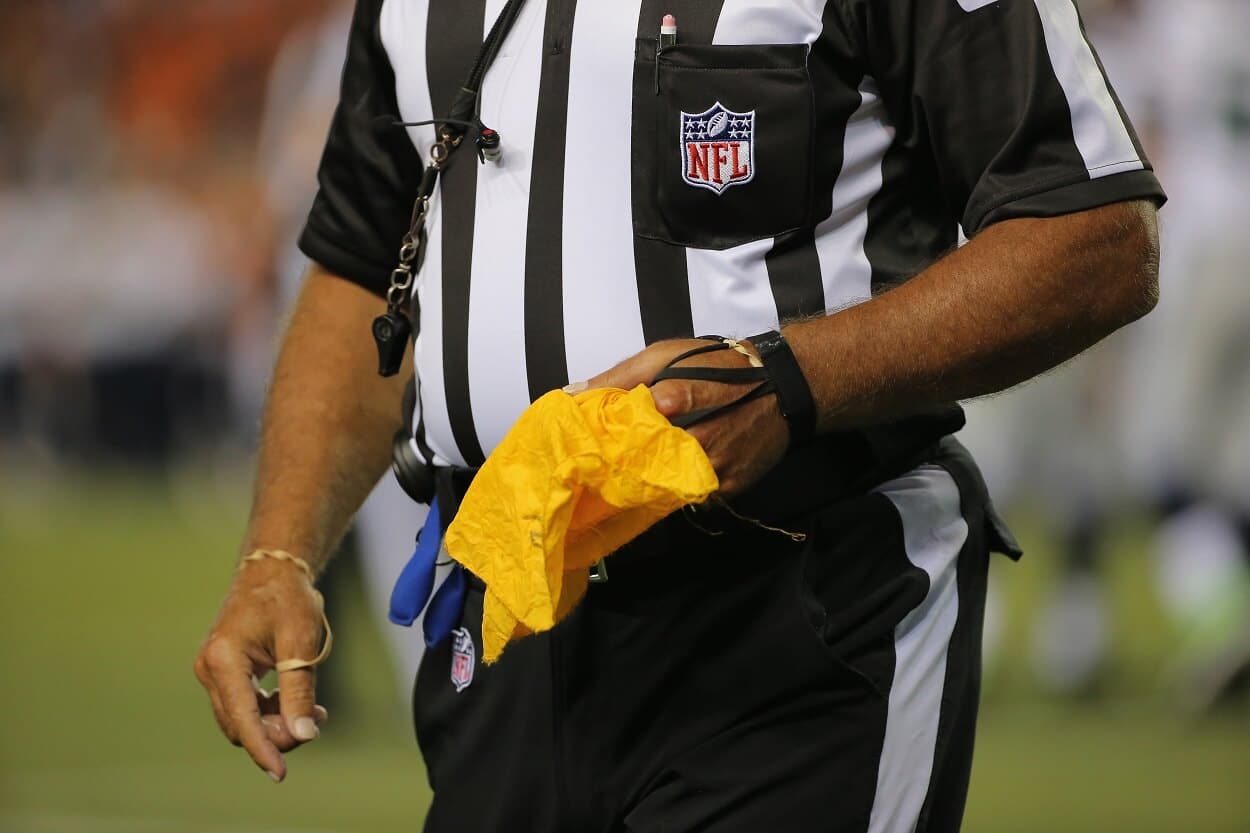
Ranking the 5 Worst Rules in the NFL
What’s the worst rule in the NFL? For Las Vegas Raiders fans, the Tuck Rule would undoubtedly have to take the top spot. For football purists, the league’s latest attempt at making the kickoff less relevant could earn the nod.
Ultimately, though, there are at least a few policies that essentially every football fan can agree need to be updated or removed from the NFL rulebook. Here’s a quick look at the five worst.
5. All fair catches behind the 25-yard line are created equal
The kickoff used to be one of the most exciting plays in football. Now it seems like the NFL is dead set on eliminating it from the game. With more teams booting the ball out of the back of the end zone than ever, don’t be surprised if even fewer returners get to showcase their game-breaking potential.
In May 2023, NFL owners approved a new rule that allows players to call a fair catch anywhere behind the 25-yard line on a kickoff and receive the ball at the 25-yard line. Of course, the league used player safety as the primary motivator behind altering the fair catch rule.
“The concussion rate on the play has gone up. It’s gone up because the ball is being returned more by kicks that are being hung inside the 5-yard line,” Rich McKay, chairman of the NFL’s competition committee, told NFL Network’s Judy Battista.
Given the league’s shaky history of handling concussions, it’s fair to question the validity of that statement. And it’s equally fair to question the decision to drastically alter an aspect of the game that carries a big impact. After all, where an offense starts a drive can dictate how a coordinator calls plays. (Ditto for the defense)
For at least one season, the receiving team will have a major competitive advantage. After all, if a returner prepares to catch the ball at the 3-yard line and doesn’t like what he sees, he can simply call a fair catch and gain 22 yards of field position by doing absolutely nothing other than waving his hand in the air.
Meanwhile, the kicking team won’t have as many opportunities to pin a team deep, especially if coaches encourage returners to use the new fair catch rule as a guaranteed way to put their offense 25 yards out of the end zone.
As the league keeps trying to eliminate high-impact hits in the kicking game, it seems like the chances of another Devin Hester or Josh Cribbs emerging are slimmer than ever.
4. Taunting
At its core, football is entertainment. Fans pay good money to watch elite athletes compete at the highest level. Meanwhile, players train year-round to survive a 17-game season that results in tremendous physical and mental wear and tear.
While promoting sportsmanship still matters, the NFL has taken the taunting penalty too far. In a league full of big personalities, why not let that be a reason to tune in? Rather than letting players express themselves for accomplishing feats 99% of the population can’t, the league has cracked down on taunting, an act that is entirely subjective to interpretation.
In fact, the NFL’s official definition is so broad that it deems “any flagrant acts or remarks that deride, mock, bait, or embarrass an opponent” as taunting. Obviously, there are instances where players go too far celebrating a big play or getting in an opponent’s face. But to throw a flag for a long stare-down or a few words after the whistle only takes away from the fun of watching (and playing) the game.
3. Roughing the passer
“When in doubt about a roughness call or potentially dangerous tactic against the quarterback, the Referee should always call roughing the passer.”
That comes directly from the NFL’s rulebook. The fact it’s written so bluntly shows just how much the league cares about protecting its highest-paid players. Yet going to such great lengths to try to keep quarterbacks out of harm’s way has come at a cost.
First, the NFL’s insistence on refining the roughing the passer penalty has created confusion for all parties involved. Referees have had to readjust their thinking and enforce the rule differently. Fans have had to get used to flags being thrown on seemingly legal hits. Defensive linemen and linebackers have had to resort to putting their hands in the air and literally trying to avoid falling too hard on a quarterback to avoid an infraction.
Plus, the inconsistent interpretation and enforcement of the roughing the passer call has made it impossible to know exactly what’s permitted and what’s not. And when games get decided due to a ticky-tack call, how can fans continue to have faith in the integrity of the game?
2. Fumbling in the end zone
One of the worst rules in the NFL revolves around the idea of losing possession of the football. Only unlike every other instance in which a team fumbles, committing that costly mistake in the end zone leads to a vastly different outcome.
According to the NFL rulebook, “If a ball is fumbled in the field of play, and goes forward into the opponent’s end zone and over the end line or sideline, a touchback is awarded to the defensive team.”
Frankly, it makes zero sense why the defense gains such a major advantage when the offense was within a few yards of scoring. Why shouldn’t the team that had possession simply play the next down from the spot of the fumble? At worst, why not penalize them 5 or 10 yards and just move the ball back?
Treating a fumble lost in the end zone differently than any other spot on the field may not affect games often, but the rule shouldn’t exist in the first place. Make a defense step up and actually get a stop.
1. Defensive pass interference
No rule engenders more frustration from fans, players, and coaches than defensive pass interference (and for good reason). In a league that’s more pass-centric than ever, it’s become even more difficult for cornerbacks and safeties to combat receivers and tight ends. Not only have games been impacted by seemingly innocuous accidental contact or a minor jersey tug, but the reward for getting a DPI penalty has given quarterbacks an avenue to get bailed out in key moments.
Joe Flacco and Aaron Rodgers took advantage of the league’s spot-of-the-foul enforcement for pass interference for years by launching deep balls on third downs that didn’t necessarily have to be catchable to earn a flag from the refs. Ironically, offensive pass interference only leads to a loss of 10 yards from the previous spot. Out of all the rules in the NFL rulebook, DPI is clearly the worst simply because it is so heavily tilted in one side’s favor.
If the league truly cared about maintaining a fair game, it would go the collegiate route and award 15 yards for DPI. But when explosive offenses draw the most eyeballs, the NFL probably doesn’t have much motivation to make it more difficult for star quarterbacks to succeed on Sundays.
